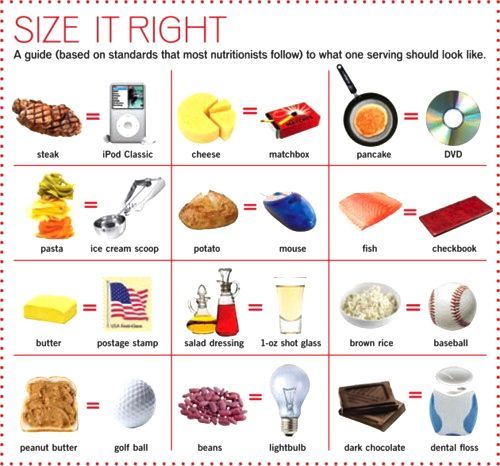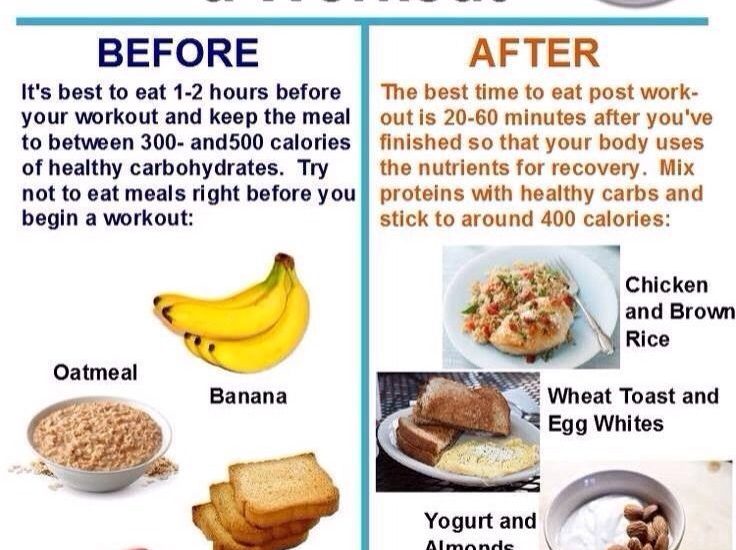The Beginners Guide to a Plant-Based Diet
Are you considering making the switch to a plant-based diet? Whether you’re looking to improve your health, reduce your environmental impact, or simply try something new, transitioning to a plant-based lifestyle can be a rewarding and fulfilling experience. In this beginner’s guide, we’ll cover everything you need to know to get started with a plant-based diet.
Understanding a Plant-Based Diet
A plant-based diet is centered around whole, minimally processed plants such as fruits, vegetables, whole grains, nuts, seeds, and legumes. It excludes or minimizes animal products, including meat, dairy, and eggs. The focus is on consuming foods that are rich in nutrients and beneficial for both your health and the planet.
Benefits of a Plant-Based Diet
There are numerous benefits to adopting a plant-based diet, including improved heart health, weight management, reduced risk of chronic diseases like diabetes and cancer, and a reduced environmental footprint. Plant-based diets are also rich in fiber, vitamins, minerals, and antioxidants that support overall health and well-being.
Getting Started
If you’re new to plant-based eating, it’s important to approach the transition gradually. Start by incorporating more plant-based meals into your diet and gradually phasing out animal products. Focus on building balanced meals that include a variety of plant foods to ensure you’re meeting your nutritional needs.
Stocking Your Kitchen
When transitioning to a plant-based diet, it’s essential to stock your kitchen with a variety of plant-based staples. Fill your pantry with whole grains like quinoa, brown rice, and oats, as well as legumes like beans, lentils, and chickpeas. Keep your fridge stocked with plenty of fresh fruits and vegetables, nuts, seeds, and plant-based dairy alternatives like almond milk and tofu.
Meal Planning and Preparation
Meal planning and preparation are key to successfully following a plant-based diet. Take some time each week to plan out your meals and snacks, making sure to include a balance of protein, carbohydrates, and fats. Batch cook meals in advance to make eating healthy and convenient throughout the week.
Nutritional Considerations
One common concern with plant-based diets is meeting your nutritional needs. It’s important to pay attention to your intake of key nutrients like protein, calcium, iron, vitamin B12, and omega-3 fatty acids. Incorporate a variety of plant foods into your diet to ensure you’re getting all the nutrients you need.
Listening to Your Body
As you transition to a plant-based diet, pay attention to how your body responds. Some people may experience digestive changes or fluctuations in energy levels as their bodies adjust to a new way of eating. Listen to your body’s signals and make adjustments as needed to ensure you’re feeling your best.
Staying Motivated
Staying motivated on a plant-based diet can sometimes be challenging, especially when faced with social situations or cravings for familiar foods. Surround yourself with support, whether it’s through online communities, plant-based cookbooks, or friends and family who share your values. Remember your reasons for choosing a plant-based diet and focus on the positive impact it has on your health and the planet.
Conclusion
Transitioning to a plant-based diet can be a positive and transformative experience. By following this beginner’s guide and taking a gradual and mindful approach to plant-based eating, you can enjoy the numerous health benefits and environmental advantages that come with a plant-based lifestyle. Remember to listen to your body, stay motivated, and enjoy exploring the delicious and nutritious world of plant-based foods.


